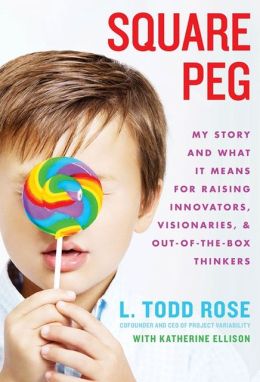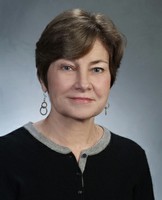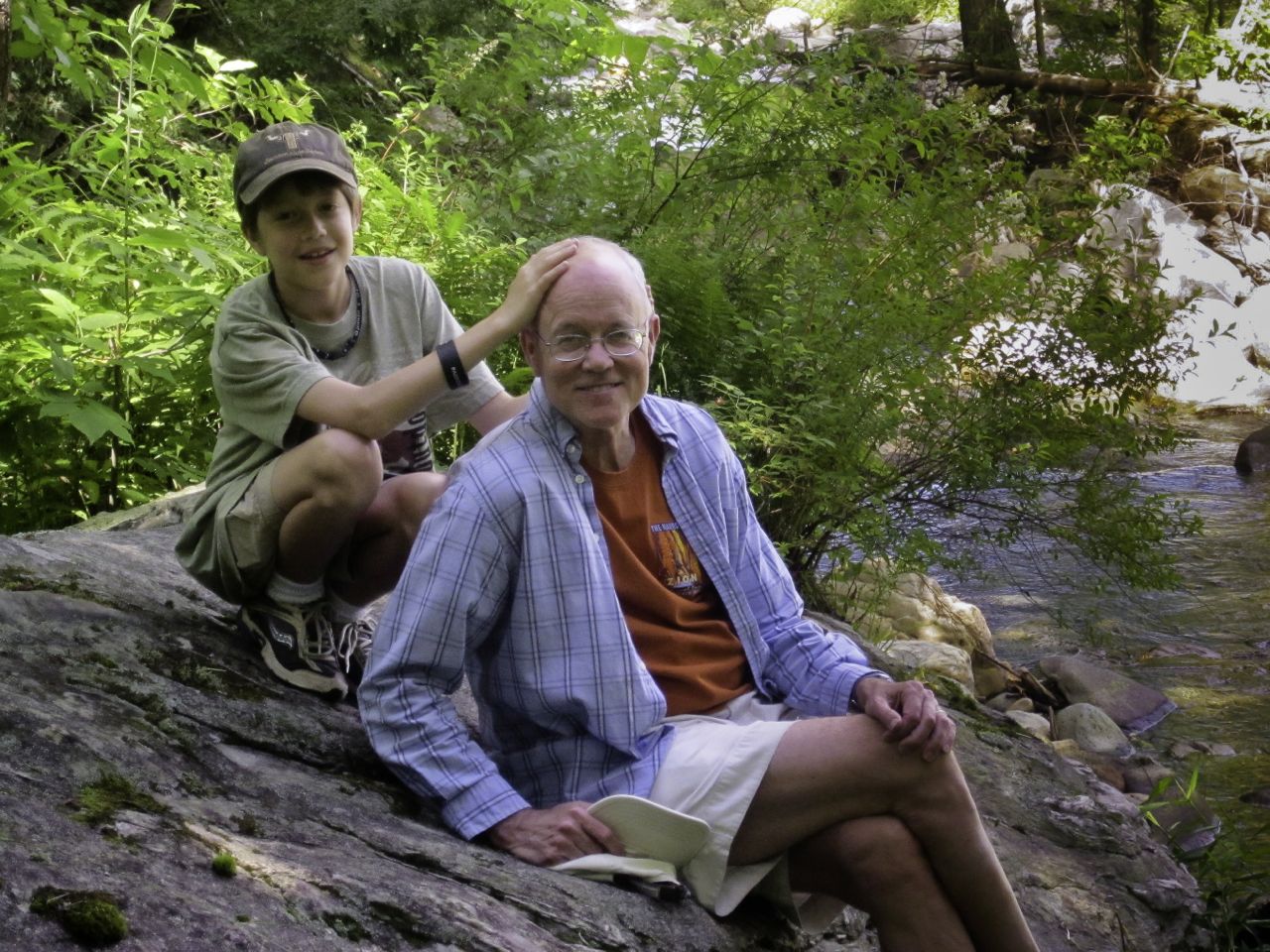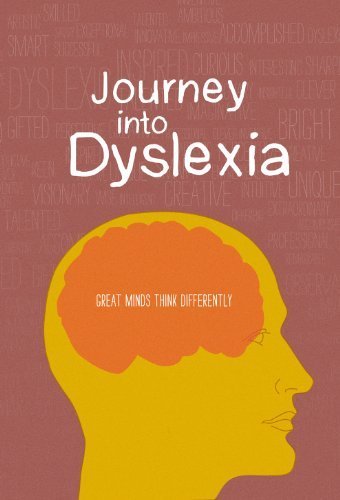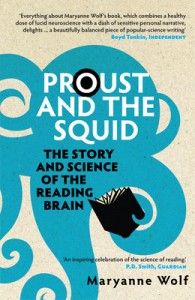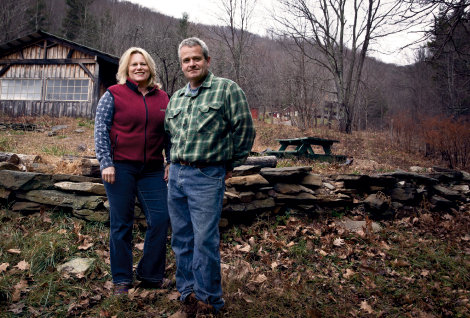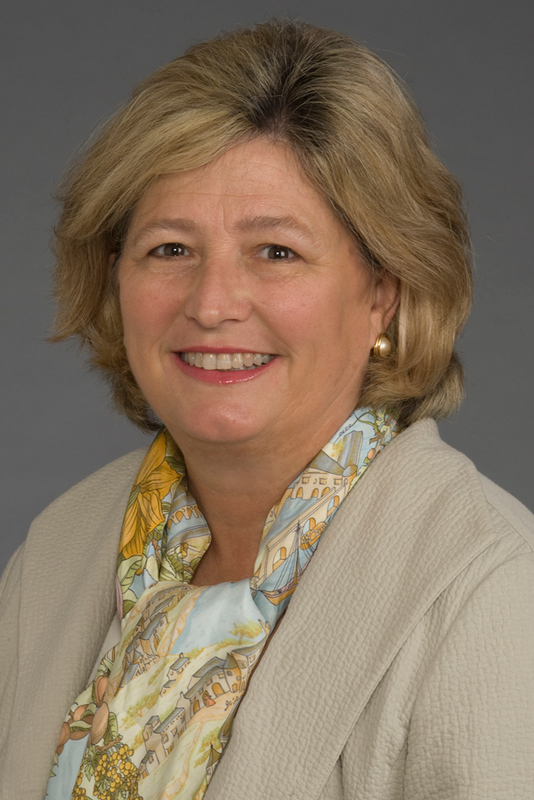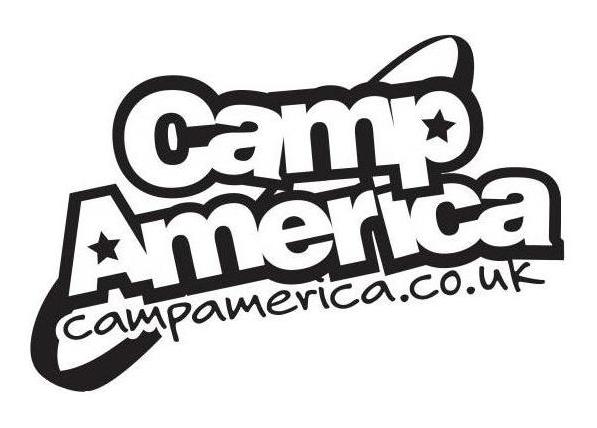 Today's inspiring individual interview is with Mick Wilz, Director of Enterprise Excellence at the family owned and operated business, Sur-Seal. Mick is the Keynote Speaker at this week's American Society for Quality conference in the Carolinas, meeting Charlotte, NC. Mick is driving his large, Lego-built model of the Sur-Seal floor plan with him to talk about visual workplaces. He's also taking time out of his schedule to come visit us at Camp Spring Creek, for which we're very grateful. Read more to learn about Mick's inspiring take on life, which focuses on a wholistic approach to communication and setting people up for success.
Today's inspiring individual interview is with Mick Wilz, Director of Enterprise Excellence at the family owned and operated business, Sur-Seal. Mick is the Keynote Speaker at this week's American Society for Quality conference in the Carolinas, meeting Charlotte, NC. Mick is driving his large, Lego-built model of the Sur-Seal floor plan with him to talk about visual workplaces. He's also taking time out of his schedule to come visit us at Camp Spring Creek, for which we're very grateful. Read more to learn about Mick's inspiring take on life, which focuses on a wholistic approach to communication and setting people up for success.
Camp Spring Creek: Your email signature includes two thought-provoking tidbits. First, a cautionary tagline stating, “Please consider energy conservation before printing,” and second, a quote from Anthony Robbins: "The way we communicate with others and with ourselves ultimately determines the quality of our lives.” Can you explain your philosophy behind these two mottos?
Mick Wilz: The communication quote is how you communicate with yourself and with others. I include it so that people think about it, but when you’re communicating with yourself you have to be a whole person. You can’t be fake in this world anymore. When I’m communicating, especially as a leader, I can’t go into work and preach one thing and then live a different lifestyle outside. People can tell if you’re fake. You have to be honest with yourself and follow the Golden Rule. Communication is also very in depth. It’s about how you listen to people: Are you truly listening, or just blowing people off? This sums it up: “I am the message.” As a leader, everything I do is a message. People watch you for the positive things you do and the negative things you do. This just the same for parents; kids are always watching. Communication is not just talking: You have two ears for listening so you should be listening twice as much and giving people room and time to talk and process. You have just one mouth for talking. Great communication can save your life!
As far as energy conservation goes, I found that quote someplace and I added it because it reminded me of my mother. She passed away, but we were environmentalists when we were kids and my Mom was so far ahead of the times. Recyling was part of our lives. You have to take care of the Earth and of everything. It has to do with the whole person concept, and that works with communication as well as with the environment.
CSC: We love that your title at your family owned and operated business, Sur-Seal, is “Director of Enterprise Excellence.” Tell us a little about what that means to you as a successful businessman, but also as a successful life-long learner:
MW: We’re encouraged at work to "work yourself out of a job." Not everyone has heard that before but basically, if you’re a good leader and hold on to tribal knowledge, when you die you’re not going to help anyone. Some people are afraid to share or they’re afraid they’ll lose their jobs if they give away tribal knowledge. I’m not afraid to share.You have to share the tribal knowledge and make it public so everyone knows what’s going on. As Director of Enterprise Excellence, I’m looking for what knowledge is out there that we can use (in our external environment) but I’m also doing this in our internal environment. I’m interested in anything that will help our business, but I want to make it easier for everybody and step up the bar for everybody. It doesn’t make sense to accumulate knowledge for myself only. I accumulate it for the company as whole wherever I can find it, and that feels right. I want our company to be great and to have a great company you have to have great people, so we build ourselves strong, from the internal environment out.
CSC: After building a Lego-based layout of your building and involving workers in planning the redesign, you incorporated more changes in the work environment to make it a “visual workplace.” In the New York Times, you wrote that these changes “send a message to anyone who might be struggling because they’re different: not only can they measure up in the workplace, but they can exceed expectations.” Respecting the anonymity of your employees, can you tell us an anecdote about how you have seen these changes create positive results in one individual who was struggling before those changes were made?
MW: It’s hard to focus on just one. Making these changes have helped so many people—I keep notepads full of positive notes that people have sent about the changes we made. I feel everyone has some form of learning disability. Dyslexia is just one that is in the media now and that everyone talks about. When I look back at school, there was always someone who couldn’t do math or couldn’t do sports, etc. There are just some learning differences that are more transparent in people than others. That’s just part of life. When you find your weakness, you focus on it and then move forward.
We have one mother of three children that works for us and her husband does construction work. She worked at McDonald’s and then came to work for us. She went there just for a job based on money to help the family out. She didn’t think she had much value but she came to us and was doing everything she could to make ends meet in her family. She probably struggled through school. She never went to college. Right now, she’s the first female manager on the floor at our company and she leads a team of 38 people. She’s our largest team leader and her group today just announced that they have made $460,000 worth of improvements for her department. What that means is that, last year, her team of 38 people improved processes and saved the company that much money. She’s a total hero. She walked into our plant and understood me.
What I'm trying to get at is somewhat like this YouTube video. I’m the lone wolf dancing; I’m that first guy dancing in the video. That’s the role I play. I encourage people to run and follow and I’m always looking for that first follower. This employee was a first follower and those people are the most important. She understood me and got everyone else to follow. Let people take that idea and make it their own and be proud of it. Never tear down. You have to build, build, build. As a dyslexic, I was torn down a lot so I learned that you never do that. I could tell you ten stories like this, but that one stands out today.
CSC: How have you learned to operate in the business world or what tricks of the trade have you used as a successful entrepreneur with dyslexia?
MW: I’m visual, so to get my ideas across sometimes I say, “Watch this video.” I have a bank of 40-50 videos that I refer to often to help get my ideas across. I was diagnosed with dyslexia in 1964. Temple Grandin had an HBO movie and she was autistic. She’s one of the most amazing people I met. She told me that when you’re diagnosed with something, you just guess at it. She encouraged me to always go back and get re-tested. At age 55, I went back and got myself re-tested and I came up dyslexic but also “twice exceptional.” I wish I had known that earlier. I had a high IQ and my visualizing was off the charts. I took that information and learned from it. I’m very aware of that now and I made our entire factory visual. You can come in there and see how to run a piece of equipment without even having to read a manual. You’d be surprised how many people in the world really can’t read or who will benefit from these visual aids. I was public about struggling with reading and wasn’t afraid of it, but there are a lot of people who are afraid of that. I had reading issues and I never dealt with them. They do the same thing at McDonald’s in their work environment. It’s all done with pictures now and that’s helpful. Also, with new technology such as Audiobooks and iPads, things are changing. If that had been around when I was a child, I would not have had a problem. I feel like I’m ahead of the curve now because of technology. So, did I have a learning disability or was the world just not ready for us? I think the world just wasn’t ready for us yet. ☺

